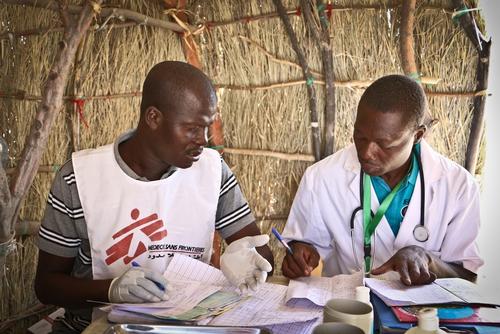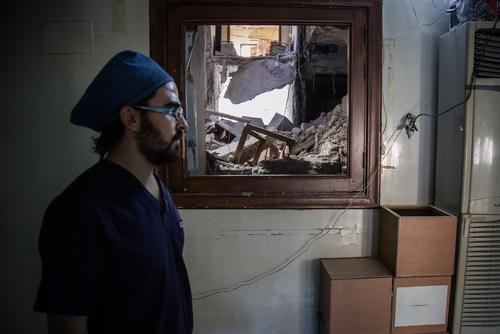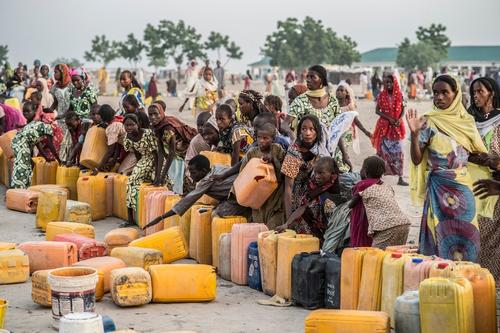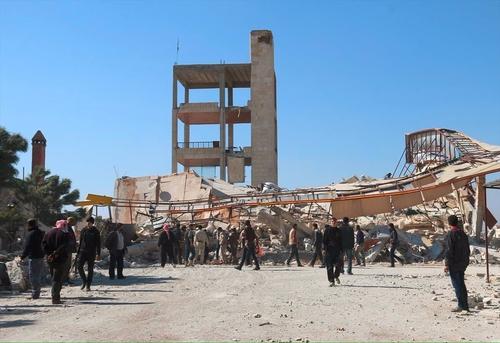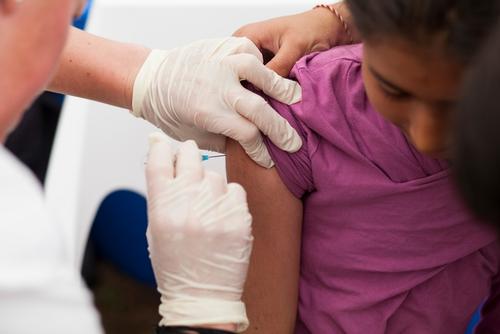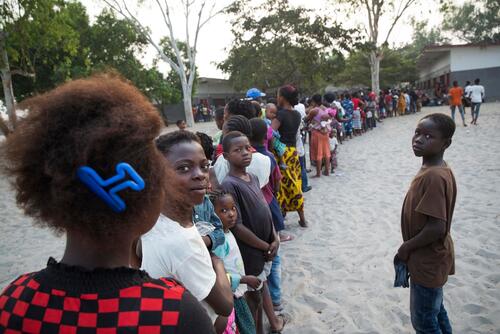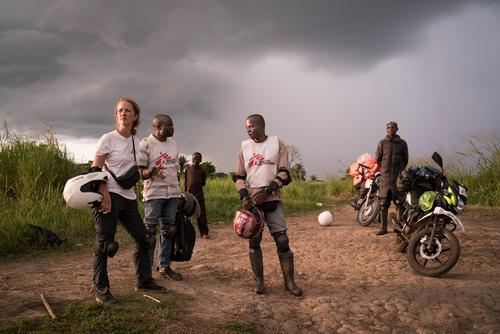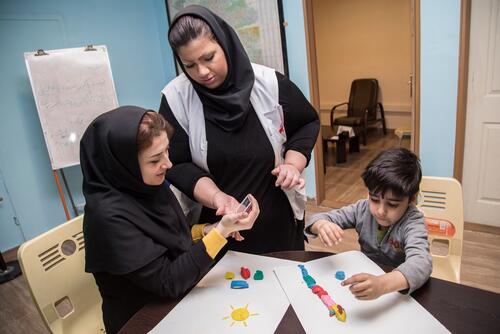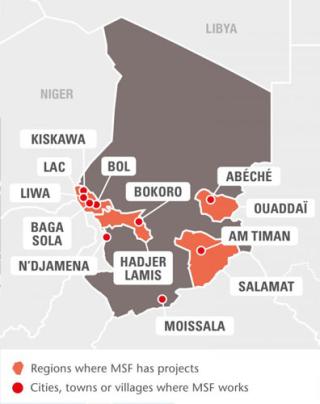
141,100
141,1
60,600
60,6
21,300
21,3

2,900
2,9
MSF teams run mobile clinics from their bases in Baga Sola, Bol, Liwa and Kiskawa, providing basic healthcare and mental health support to displaced people and the local population. Most of the medical conditions they treat are linked to the precarious living conditions and poor sanitation. MSF also supports the health centre in Tchoukoutalia and offers mental healthcare to Nigerian refugees in Dar es Salam camp.
Protecting the lives of women and children
In Bol regional hospital, MSF teams collaborate with Ministry of Health staff on sexual and reproductive health, working in the maternity and paediatric wards as well as in the therapeutic feeding centre. An important focus of the activities is on obstetrics, gynaecology and neonatal care. In 2016, teams assisted 409 deliveries, 81 of which were caesarean sections, and provided nutritional support and paediatric care to over 1,000 children.
In Moissala, Mandoul region, MSF runs a prevention, detection and treatment programme for paediatric malaria that also includes pregnant women Around 2,300 children were admitted to Moissala hospital‘s malaria unit, while 43,000 children and 7,500 women were treated for malaria in MSF-supported health facilities in the district. Four rounds of seasonal malaria chemoprevention (SMC) were administered in 2016, reaching more than 110,000 children each time. The team also gave catch-up vaccinations to children who had not received their routine jabs. During the malaria peak in the autumn, MSF organised spraying activities to reduce the spread of the disease.
In Am Timan, Salamat region, MSF supports the hospital’s paediatric and maternity wards as well as the laboratory. It also manages the nutrition programme and tuberculosis (TB) and HIV activities. The outreach teams work at three health centres. Over 7,000 Chadians, who were living in Central African Republic but have returned to Chad due to conflict, benefit from these services too.
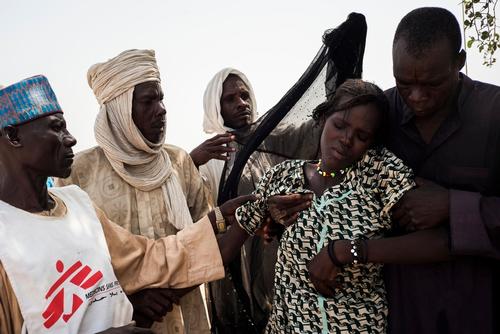
Chad’s Emergency Response Unit (CERU) tackles hepatitis E
In September, MSF’s CERU responded to an outbreak of hepatitis E after several cases of jaundice were identified in Am Timan. About 600 national and international staff were recruited to treat patients, provide clean water, distribute hygiene kits and run awareness and active case-finding activities. Many community health workers and chlorinators assisted them.
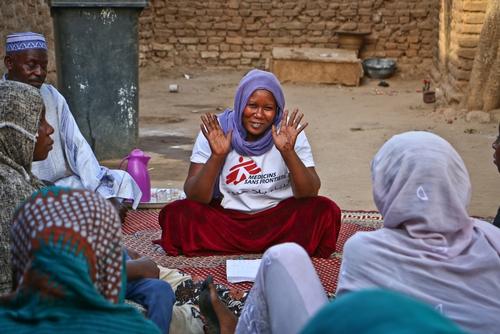
Treating malnutrition
This year, 2,176 children were treated for severe malnutrition. For the first time, MSF started a malnutrition prevention project targeting nearly 30,000 children under the age of two in and around Bokoro. In the village of Gama, and in 14 other rural locations, mothers were provided with soap, mosquito nets and food supplements to help protect their families.
Project closures and handovers
Despite recent progress at national policy level, there is still an urgent need for greater efforts, nationally and internationally, to prevent and respond to malnutrition. The recurrent nutrition crisis in Chad requires a sustained emergency response and longer-term structural changes. In 2016, MSF transferred all its activities in Bokoro, Hadjer-Lamis region, to the Ministry of Public Health. These included 15 clinics for malnourished children between the ages of six months and five years and an inpatient therapeutic feeding centre with an intensive care unit in Bokoro town.



